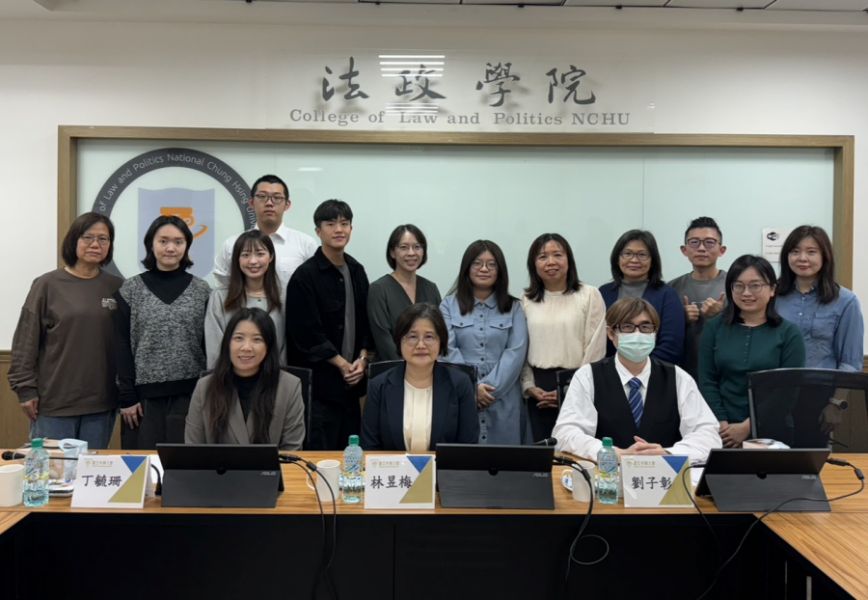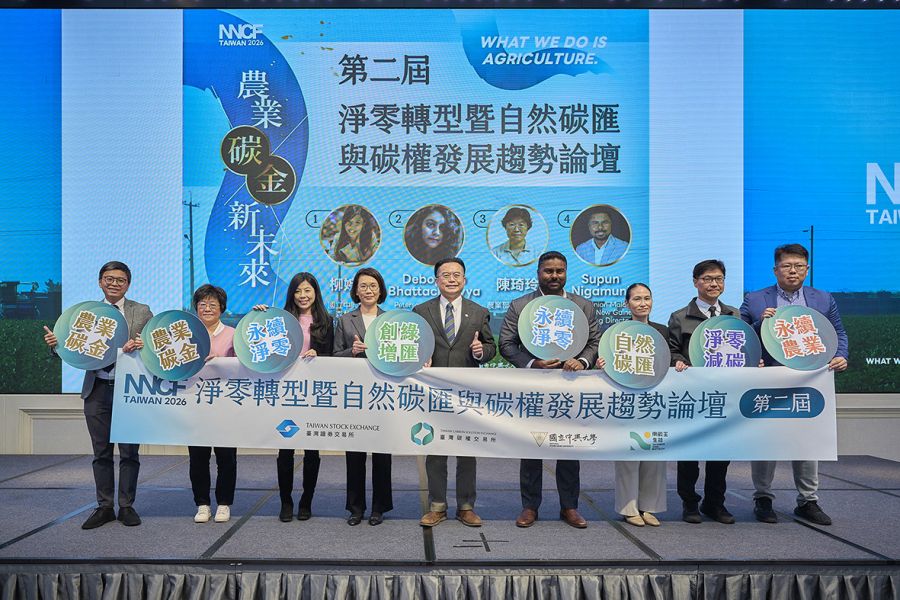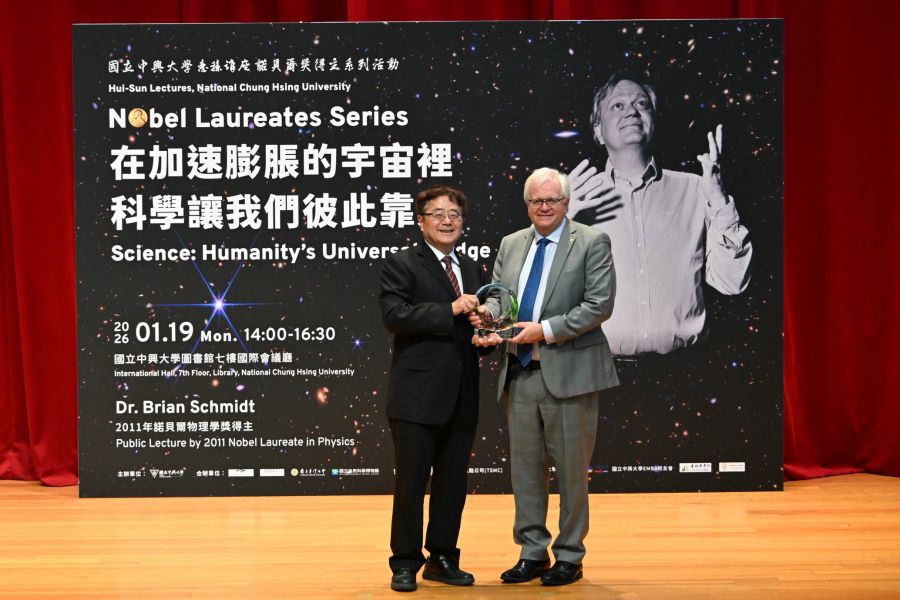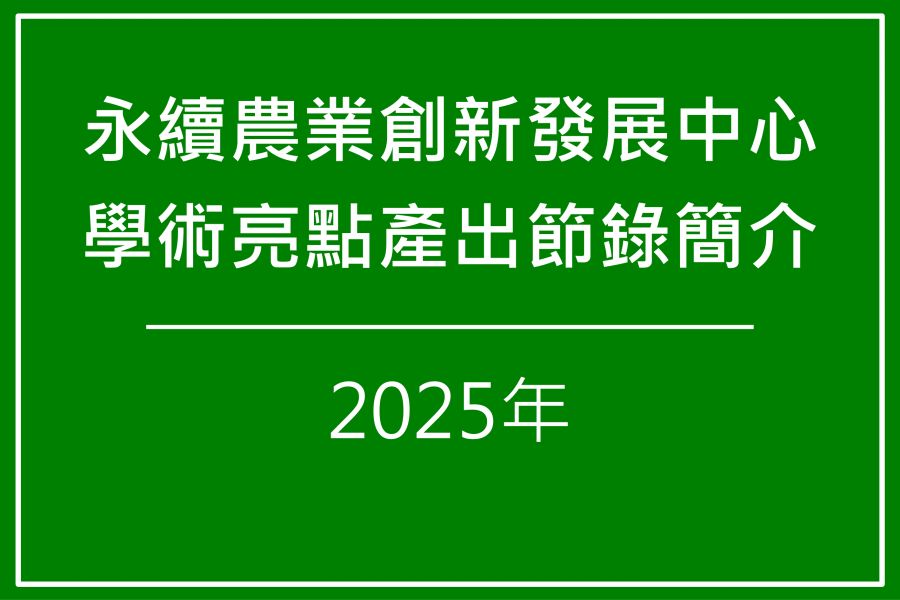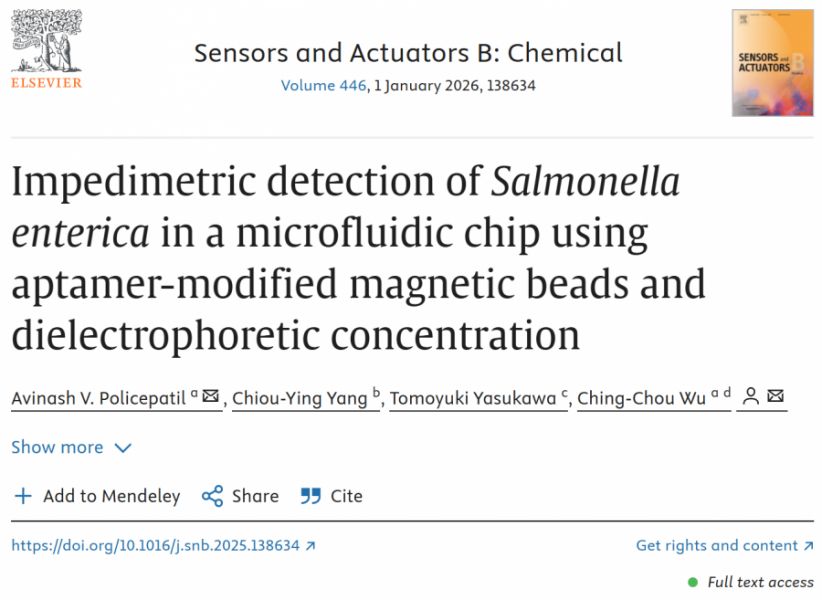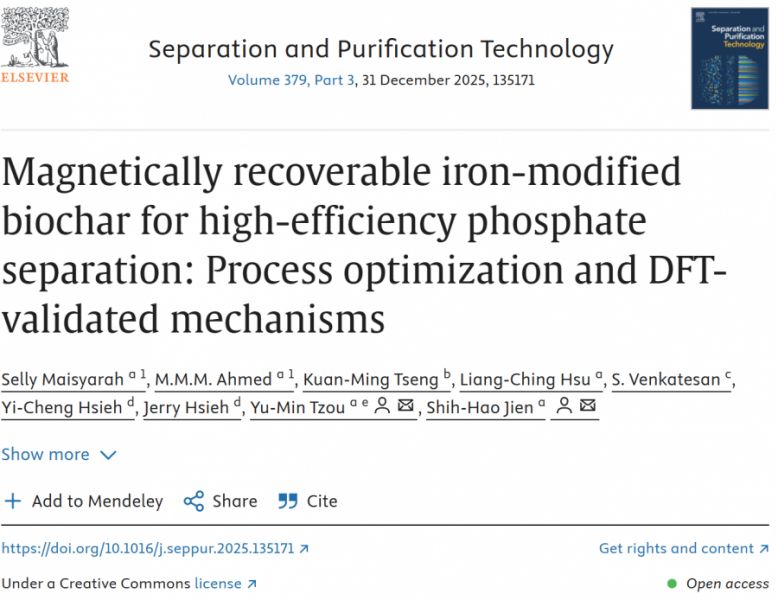設施農業:節能栽培與滅菌【化學工程學系/陳志銘特聘教授】
| 論文篇名 | 英文:Well-organized Organosilane Composites for Adhesion Enhancement of Heterojunctions 中文:規則排列之有機矽烷複合物應用於異質接點之附著強化 |
| 期刊名稱 | COMPOSITES SCIENCE AND TECHNOLOGY |
| 發表年份,卷數,起迄頁數 | 2020, 193, 108135 |
| 作者 | Liu, Tzu-Jung; Sil, Manik Chandra; Chen, Chih-Ming(陳志銘)* |
| DOI | 10.1016/j.compscitech.2020.108135 |
| 中文摘要 | 柔性覆銅板是移動設備、可穿戴電子裝置和即時醫療傳感器等多功能應用的關鍵基礎材料。為了實現更薄,更輕和熱穩定的基材應用於先進高頻5G,開發無膠柔性覆銅板是迫切的需求。本研究提出一種共矽烷化方法將聚醯亞胺表面官能化,以有效固定金屬並增强其附著力。共矽烷化處理的特徵是通過輔助有機矽烷三甲氧基苯基矽烷建立路障狀網絡結構,以產生空間限制效應,在聚醯亞胺薄膜上,有效控制官能化有機矽烷3-[2-(2-氨基乙基氨基)乙基氨基]丙基三甲氧基矽烷的定位和接枝取向。這兩類有機矽烷通過有效的定位和接枝作用,形成了一個有序的複合分子奈米層,具有很强的金屬鍵合和固定能力。與僅使用3-[2-(2-氨基乙基氨基)乙基氨基]丙基三甲氧基矽烷的單矽烷化系統(0.652 kgf/cm)相比,共矽烷化處理顯著提高聚醯亞胺上沉積金屬層的剝離強度達53%(〜1 kgf/cm)。 |
| 英文摘要 | Flexible copper clad laminate (FCCL) is the key base material for versatile applications such as mobile devices, wearable electronics, and point-of-care biosensors. Development of adhesiveless FCCL is urgent to achieve a thinner, lighter, and thermally stable substrate for advanced high-frequency (5G) applications. In this study, a co-silanization method is proposed to functionalize the polyimide (PI) surface for efficient metal immobilization and adhesion enhancement. The co-silanization treatment features the establishment of a barricade-like network structure by the assistant organosilane, trimethoxyphenylsilane (TMPS), to generate spatial confinement effect (SCE) to effectively control the positioning and grafting orientation of the functional organosilane, 3-[2-(2-aminoethylamino)ethylamino]propyl-trimethoxysilane (ETAS), on the PI film. Benefitting from the effective positioning and grafting, the two types of organosilanes form a composite well-organized molecular nanolayer which is in possession of strong tethering ability for metal attachment and immobilization. Compared to the mono-silanization system with ETAS only (0.652 kgf/cm), the co-silanization treatment (ETAS TMPS) remarkably enhances the peel strength of the deposited metal layer on PI by 53% (~1 kgf/cm). |


